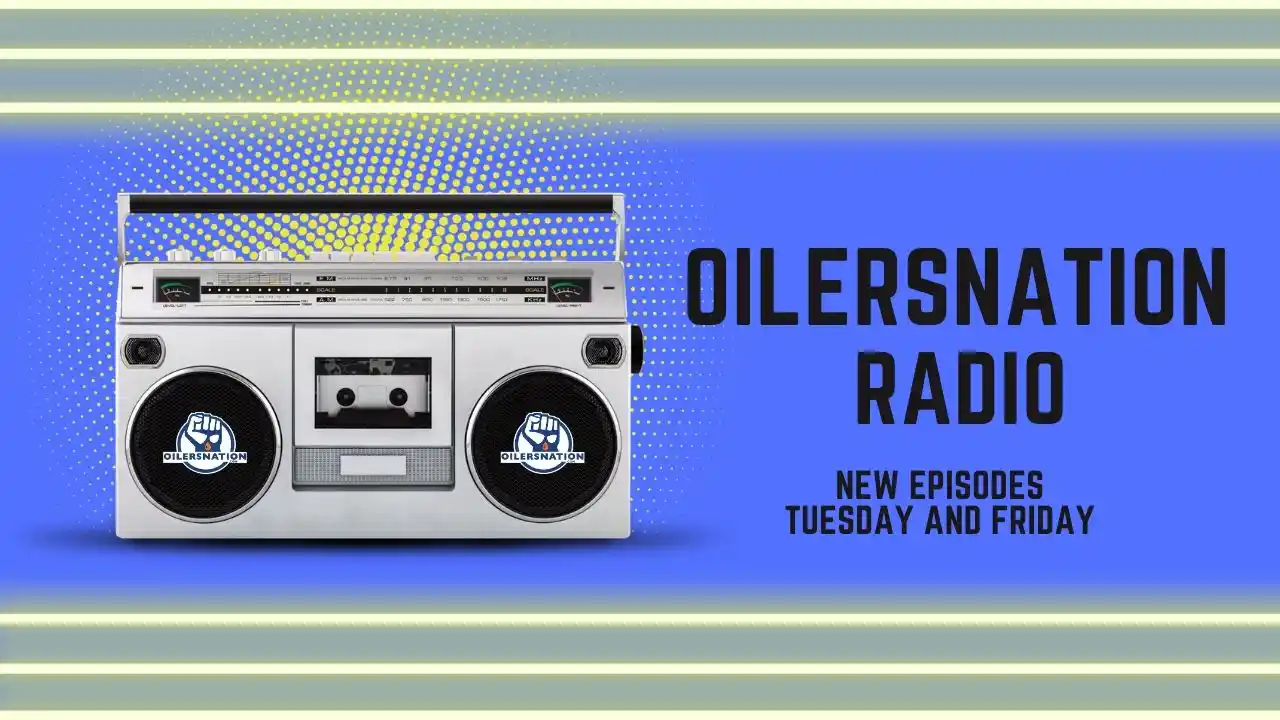Because if anything, the talent pool is too deep
The NHL had been getting better at figuring out where to place expansion teams. Both Columbus and Minnesota are solid hockey markets that not only deserve teams, but have a really good chance at sustaining one long-term.
Now, however, the strongest comments to date have come out of the NHL’s head office about the possibility of expansion to Europe. Here are the exact quotes, from NHL deputy commissioner Bill Daly, courtesy of the Globe and Mail’s William Houston:
As time goes on, you’ll see us making increasing movement into Europe,” Bill Daly said in an interview. “Certainly, it’s a possibility that within 10 years time we will be playing games there.”Asked whether he viewed European expansion within 10 years as a good possibility, he said: “I hope so. But again, I think it’s a long way between here and there. And I think all the pieces have to continue to line up in order for that to happen. So, certainly, we would hope that would be the case. But I can’t say with any degree of certainty at this point.”“It’s a priority for us,” he said. “It is focused on as one of our primary growth opportunities.”
Let’s look at a few of the problems with a Europe-based NHL Division:
- Europe has hockey leagues—good ones, and lots of them. An expansion to Europe would certainly not be welcomed by any of the professional leagues in Russia, Sweden, the Czech Republic, Finland, Germany or Switzerland. The KHL is already trying to position itself as a competitor for NHL-level talent, with the defections of high-profile players like Jaromir Jagr and Alexander Radulov. Four of the other five main European leagues (listed above) can all boast a talent pool superior to that in the AHL and almost certainly would do everything in their power to prevent the NHL from completely converting them into feeder leagues. Given that individual teams in these leagues would find not only their profitability, but possibly their very survival threatened by NHL expansion, one would imagine that the fight could get very bitter.
- Travel. Anyone else recall quotes by players like Mike Peca and Jaroslav Spacek about how unattractive Edmonton’s travel schedule was? At least Edmonton is on the same continent as, say, Buffalo. Trans-Atlantic travel is not only unattractive to the players, but very, very expensive.
- Development systems. Currently, the NHL has a very good working relationship with the AHL, with 30 teams to each league and NHL franchises having farm teams to store injury call-ups and not-ready-for-primetime prospects. Where would European teams develop their players? Either the AHL would need to expand in a large way, which still leaves the problem of having call-ups on another continent, or the NHL would need to form a working relationship with at least one European league.
There are other problems with relocating to Europe, but those seem to be the biggest ones to me. Additionally, there are a ton of problems associated with general expansion—thinning the talent pool, moving to questionable markets, lining up reliable and solvent groups to purchase teams, locating suitable arenas, etc.
This is a bad idea right now, and will likely remain a bad idea for the foreseeable future.
—Jonathan Willis is the force behind Copper and Blue, and a frequent contributor to OilersNation.com.
Recent articles from Jonathan Willis






